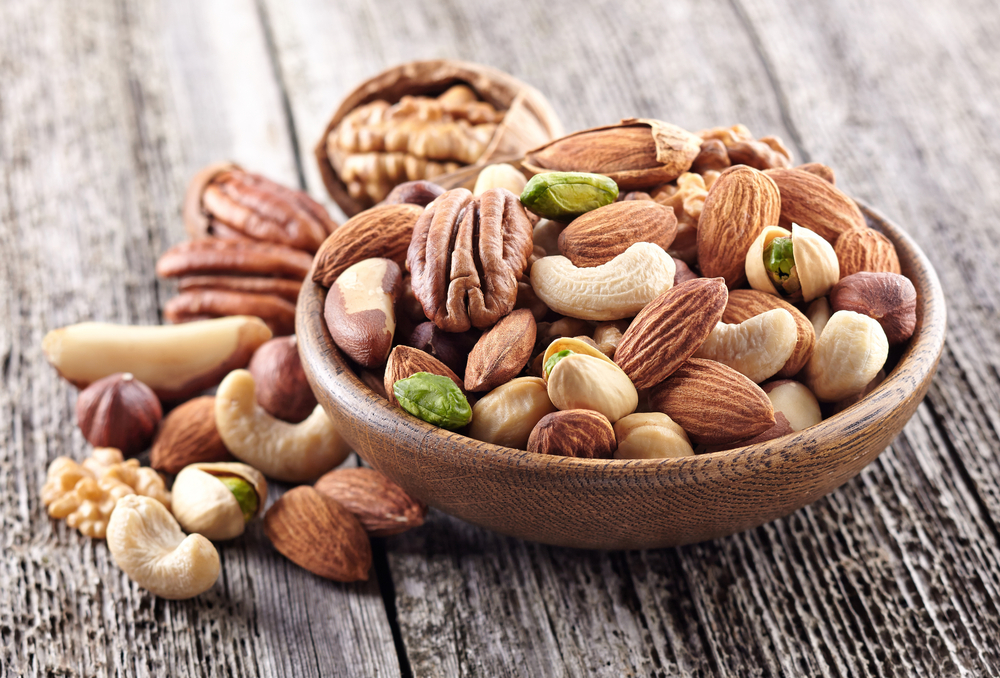‘Mindful eating’ has become a popular term, but what does it really mean? Can you really snack mindfully when most snacking occurs when you’re on the run and in need of a quick energy boost?
Clinical nutritionist Suzie Sawyer gives you the low down on how and when to snack.
Chew it and mean it
There are many reasons for chewing food thoroughly including when snacking. A complex hormonal messaging system runs from your mouth to digestive tract preparing it for food. This messaging system needs time to gather momentum and doesn’t happen as efficiently as it should if you gulp your food down. It also inevitably leads to digestive upsets because food isn’t properly digested.
Likewise, if you’re stressed or running around, blood flow is directed away from the digestive organs. So it pays to take your time when snacking and to do it away from your desk so you’re not distracted by emails or telephone calls. Chewing food slowly and mindfully means you’ll automatically savour and enjoy every mouthful.
Are you hungry or just thirsty?
We often mistake feelings of hunger for thirst. It’s always worth drinking some water or having a herbal or fruit tea before you dive into the snacks. You could save yourself eating lots of unnecessary calories.

Many of us often think we ‘should’ be eating rather than ‘need’ to be eating. But, it’s ok to feel hunger sometimes. We have become used to consuming more calories than we actually need or use, so many of us also struggle to keep our weight within a healthy range. Don’t worry about feeling hungry; it’s actually good to give the digestive system a break – constant grazing means your gut has to work much harder than it needs to.
Choose snacks wisely
Just as it’s important to choose balanced meals that contain a good balance of macro and micronutrients, so it is when choosing snacks. It’s always best to include some protein with snacks, as it will keep you feeling fuller for longer and hopefully reduce the chances of overeating. For example, if you’re going to eat a few crackers, then have some cottage cheese, humous or slices of chicken with them.

Eat fruit with nuts and seeds and make sure dried fruit bars contain some protein. Sugary snacks that are purely carbohydrate will encourage blood sugar levels to rise then quickly drop, which will cause energy dips later in the day.
Planning is key
When you’re busy and on the run, it’s sometimes difficult to have healthy snacks to hand and you can end up making the wrong choices. Try to to plan meals and snacks at the same time at the beginning of the week. You might not need one or two snacks every day, and certainly don’t eat for the sake of eating. However, if you’ve got something to hand, you are less likely to opt for sugary or fat-laden, nutrient-poor snacks.
Great portable snacks include nuts and seeds with berry fruits, protein bars, homemade muesli bars, olives, miso soup or oat cakes with a dip.
Snacking mindfully is well worth thinking about!
























Add comment